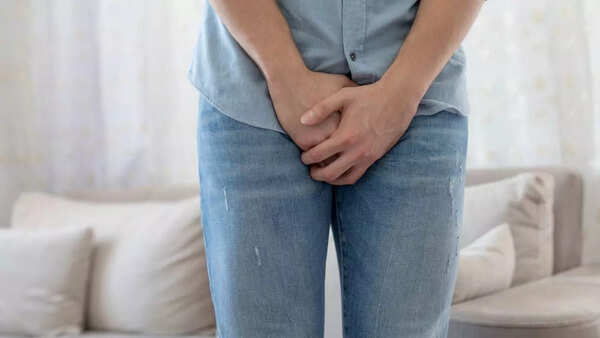The devastating diagnosis of Joe Biden prostate cancer sent shock waves across the country. A lot of love and support flocked for the former president of the whole world after his office revealed that he suffered from an aggressive form of prostate cancer which metastasized in his bones.His political rival Donald Trump posted that he was “saddened” by the diagnosis of Biden, but later hinted that the Biden team had hidden his illness when he was in office.Although the news has triggered debates and concerns, he also stressed the importance of early detection and proactive measures to prevent prostate cancer.Prostate cancer is the second most common cancer in men and, according to Mayo Clinic, about 1 men in 8 will receive a diagnosis of cancer in their lives. It is more common in older men, most cases occurring after 65 years.

While prostate cancer develops slowly in most cases and remains located in the prostate gland for a long time, in a few cases like that of Biden, it develops aggressivelyWestern countries have much higher rates of prostate cancer than men in Asia, according to John Hopkins Medicine. Experts are of the opinion that this may be due to the differences in eastern and Western diet. Poor eating habits and excessive dependence on fat and animal proteins can cause DNA damage and cause cancer.
Advice to prevent prostate cancer
Inactive lifestyle and bad eating habits can increase the risk of prostate cancer. To avoid the risk, some simple lifestyle changes can be made.
Plant -based diet
According to a study published in the American Journal of Clinical Nutrition.The evidence also indicates that consumption of vegetables and green leaves can also reduce the chances of dying of prostate cancer.

Regular exercise
Driving an active lifestyle and daily exercise can considerably reduce the risk of prostate cancer. In a 2019 study, Harvard researchers demonstrated that men who engaged in a vigorous exercise had a risk of 30% lower to develop advanced prostate cancer and a risk of 25% of death from prostate cancer compared to relatively inactive men.Exercise helps to lose weight, reduce inflammation, improve immune function and combat the negative effects on the health of a sedentary lifestyle.
Reduce fatty intake
Reduction in fatty supply, especially saturated fat of red meat and dairy products, can help reduce the risk of prostate cancer. Fat -rich diets can increase hormone levels, such as testosterone, which can fuel the growth of prostate cancer cells. Opt for healthier fats from sources such as fish, nuts and olive oil supports the overall health of the prostate and can reduce inflammation linked to the development of cancer.

Limit added sugar
Sugar restriction can help reduce inflammation and support metabolic health. A study published in Cancer Causes & Control (2018) revealed that high consumption of sugary drinks was associated with an increased risk of prostate cancer, in particular aggressive forms. An excess of sugar can also contribute to obesity and resistance to insulin, which were both linked to a higher probability of developing various cancers, including prostate.
Be sexually active
According to Johns Hopkins Medicine, men who have a higher ejaculation frequency were up to two thirds less likely to be diagnosed with prostate cancer. According to experts, ejaculation rids the body of toxins and other substances that can contribute to inflammation.



